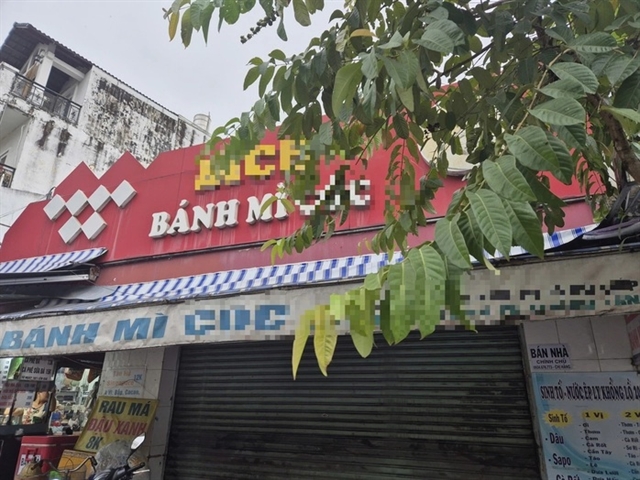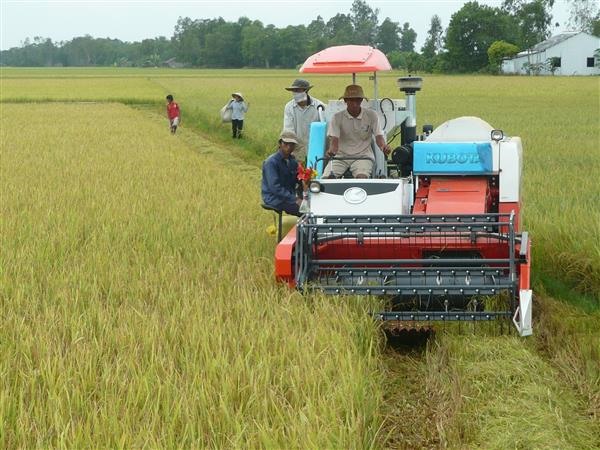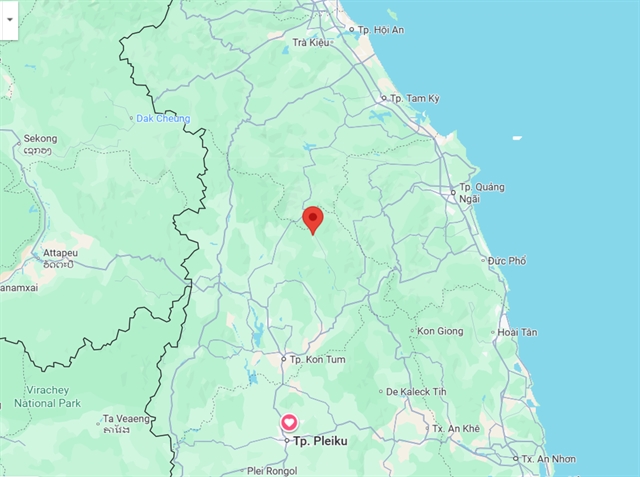 Society
Society

Việt Nam lacks the legal framework, technical criteria and capacity for testing and selecting agricultural machines, which hinders the country’s mechanisation in agriculture, experts said.
 |
| Việt Nam lacks the legal framework, technical criteria and capacity for testing and selecting agricultural machines, which hinders the country’s mechanisation in agriculture. — Photo baohaiquan.vn |
HÀ NỘI — Việt Nam lacks the legal framework, technical criteria and capacity for testing and selecting agricultural machines, which hinders the country’s mechanisation in agriculture, experts said.
Director of the centre for agriculture machine testing, Vũ Văn Long said that less than 30 per cent of agricultural machines used in Việt Nam were made in Việt Nam while the rest were imported from countries including China, Japan, the Republic of Korea and Thailand.
He said that before 1990, all agricultural machines, including imports, must undergo tests at the centre before being used in Việt Nam.
However, after 1990, the rule was removed, which resulted in low quality or inefficient machines being used in the country.
“Now, the agriculture ministry’s Department for Agro-Forestry-Fisheries and Salt Processing is the only Government body supervising the quality of agricultural machines but it does the job poorly because of insufficient links with localities,” Long said.
The use of a low-quality machine reduces productivity and threatens work safety and can harm the environment, he said.
Technical requirements were crucial for testing and selecting machines for farming in Việt Nam but the country lacked these requirements, Long said.
Some available requirements meet international standards but few local machine makers applied them, he said, complaining that the national centre for machine testing only cared about the requirements when its clients asked for tests.
Bạch Quốc Khanh, an official from Việt Nam Institute of Agricultural Engineering and Post-harvest Technology, said that most agricultural machines used in Việt Nam were small and the use of machines differed across the country, with remote mountainous areas having a particularly low mechanisation rate, the Tin tức (News) newspaper reported.
Đoàn Xuân Hòa, vice head of Việt Nam Society of Agricultural Engineering, said that Việt Nam had few companies producing diesel-engine machines, which made it less competitive than other countries.
Vũ Trọng Trung, a farmer in Thủy Nguyên District, northern Hải Phòng City, said that he planned to harvest his 3,600sq.m of rice manually as hiring machine would cost almost VNĐ2 million (US$90).
“Only families with few labourers hire machines. We do it by hand to save money,” he said.
He added that he could not afford a foreign combine harvester priced up to VNĐ800 million ($36,000) while he could not find a Vietnamese one.
Under Government decisions – No 63/2010/QĐ-TTg and No65/2011/QĐ –TTg, farmers can get preferential loans for agricultural machines as long as 60 per cent of the machines are made in Việt Nam. However, the quality of domestic machines fail to meet users’ expectation as they are degrade quickly and are difficult to fix. — VNS




